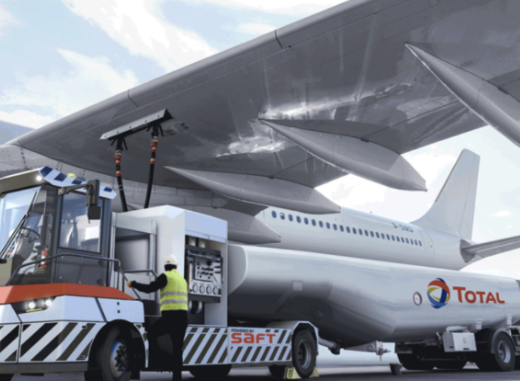
April 23, 2025
April 24 – Total Energy has announced plans to restructure its petrochemicals business at its refinery in Antwerp, Belgium. One of the…
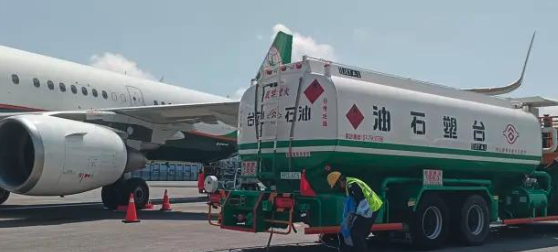
April 23, 2025
April 24th, Taiwan’s CNPC cooperated with the Ministry of Transportation and Communications (MOTC) to pilot the plan of importing 1,000 tons of…

April 18, 2025
Marubeni Corporation recently announced that it has signed a Memorandum of Understanding (MOU) with Japan Airlines, Mitsubishi Chemical Corporation, China Timber Corporation,…
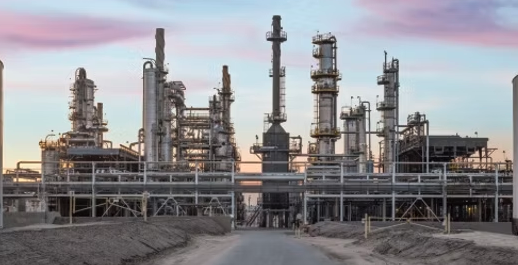
April 16, 2025
Global Clean Energy Holdings Inc., which owns a renewable diesel plant in Bakersfield, California, announced on April 16 that it has entered…

April 16, 2025
The European Biodiesel Board (EBB) on April 14 welcomed the EU’s move to combat Annex IX biofuel fraud and supported the Sustainability…
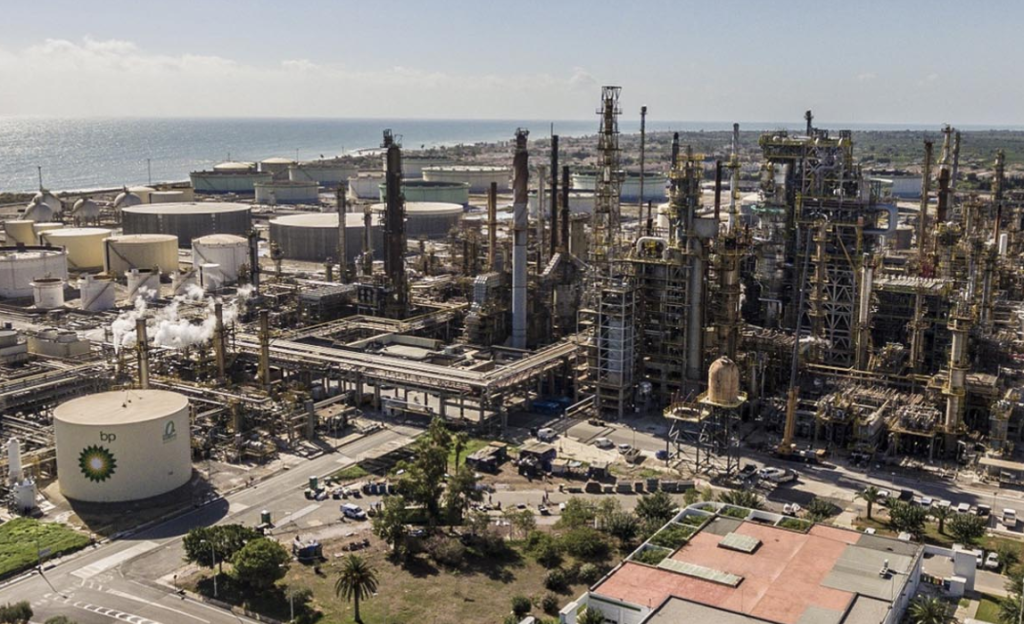
April 14, 2025
According to Bloomberg, BP has decided to suspend its Sustainable Aviation Fuel (SAF) production expansion project at its Castellón refinery in Spain.…
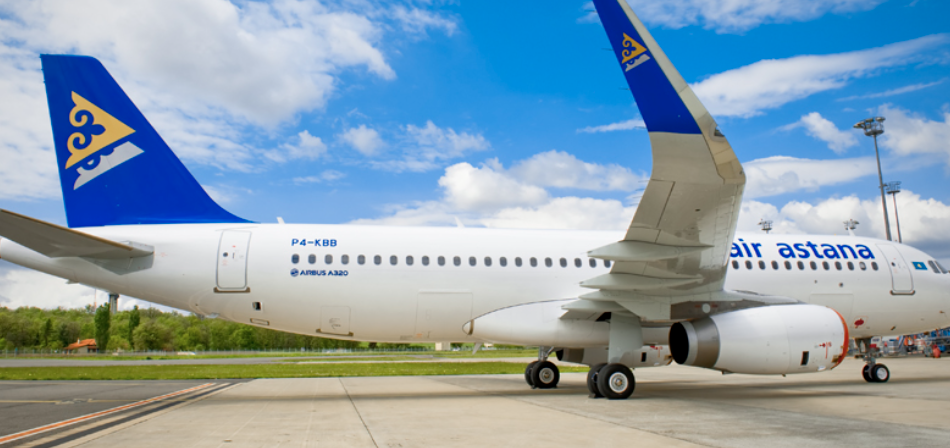
April 10, 2025
On April 9, Aviation LLC, a subsidiary of Kazakhstan’s National Oil Company (NOC), LanzaJet, a sustainable aviation fuel (SAF) technology company, and…

April 10, 2025
Neste Corp., a producer of renewable diesel and sustainable aviation fuel (SAF), announced April 9 that it has begun producing SAF at…
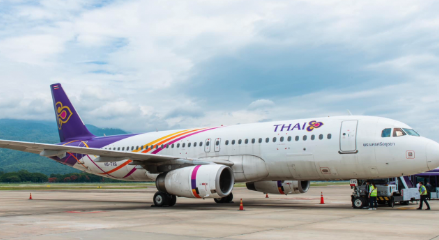
April 7, 2025
April 7 – Thai Industry Minister Mr. Akanat Promphan has announced that Thailand is accelerating the localization of Sustainable Aviation Fuel (SAF)…
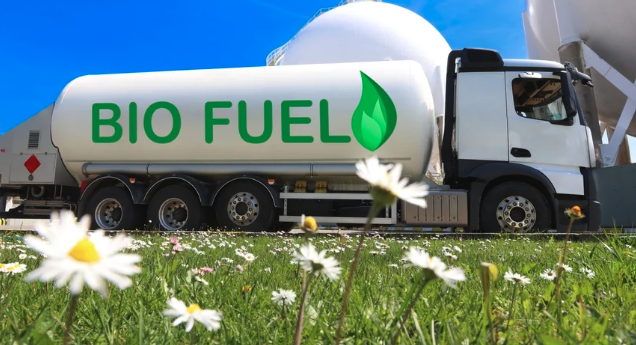
April 5, 2025
U.S. Secretary of Agriculture Brooke Rollins announced a $537 million investment in 543 biofuel infrastructure projects across 29 states, under the Higher…










